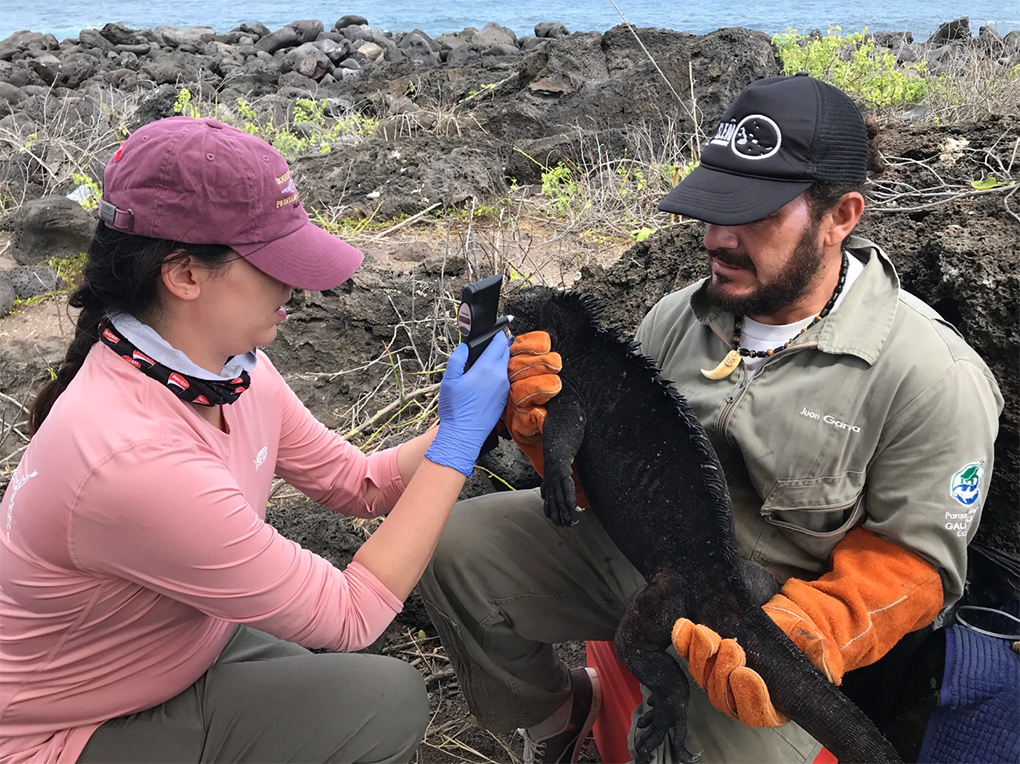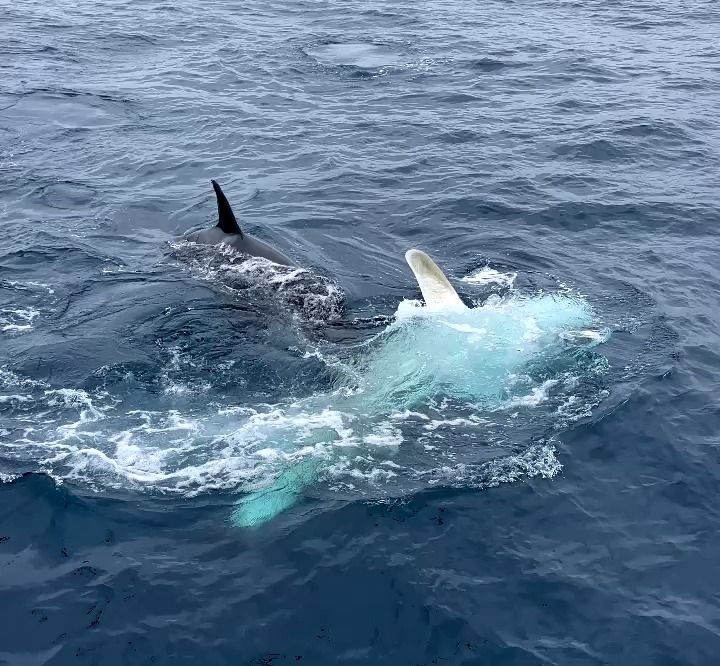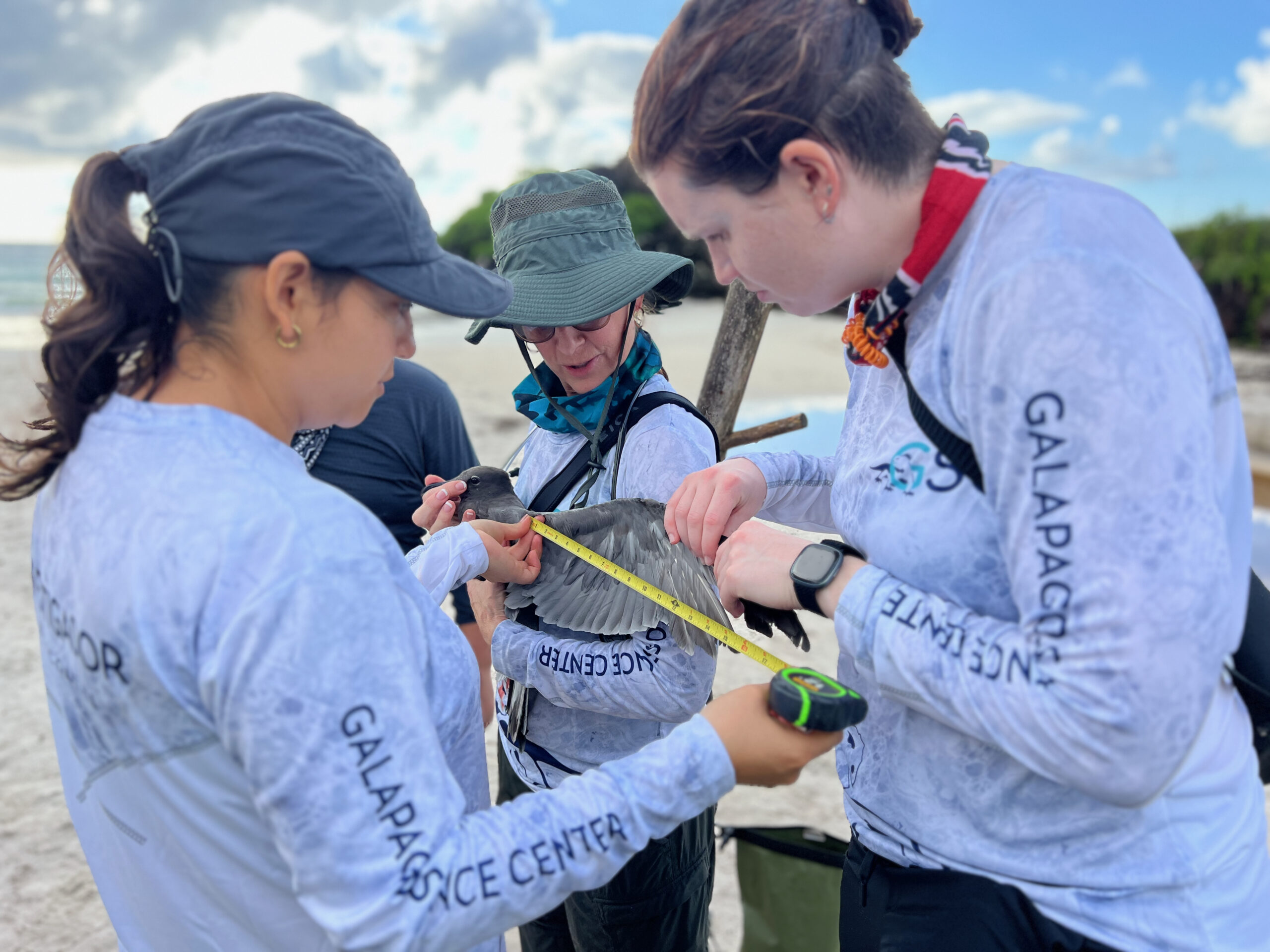Resumen:
La iguana marina de Galápagos (Amblyrhynchus cristatus) es el único lagarto marino del mundo y es capaz de nadar y bucear a profundidades de varios metros para buscar alimento. Por lo tanto, la fisiología de esta especie debe adaptarse tanto a ambientes terrestres como acuáticos. Hasta ahora, no se han realizado estudios que evalúen los parámetros de salud ocular en esta especie. Se capturaron iguanas marinas de Galápagos en libertad (n = 26) en el campo. La presión intraocular (PIO) se midió utilizando tonometría de rebote al comienzo y al final del período de manipulación. Se midió la producción de lágrimas mediante la prueba de Schirmer (STT) y la prueba de punto de papel absorbente endodóntico (EPPT). Se evaluaron parámetros fisiológicos de línea de base, como la frecuencia cardíaca y la temperatura corporal, así como parámetros morfométricos (peso corporal, longitud total, longitud de la cabeza hasta el ano, longitud del surco hemipeneal) y parámetros sanguíneos de línea de base (volumen globular, proteína total, lactato). La media de la PIO fue de 9,4 mm Hg (SD±1,4) y es comparable a otras especies de iguanas terrestres. La media de STT fue de 4,1 mm/minuto y la de EPPT de 11,1 mm/minuto. La PIO no varió con la longitud de la cabeza hasta el ano, el peso total, la longitud del surco hemipeneal ni entre el ojo derecho e izquierdo. La PIO fue más alta al comienzo de la manipulación en comparación con el final de la manipulación, probablemente debido al estrés inmediato asociado con la captura. La PIO no varió con el volumen globular (PCV), la proteína total (TP) ni el lactato. Estos resultados representan un primer paso para establecer una línea de base para los parámetros de salud ocular en iguanas marinas.
Más información sobre el estudio en el enlace.






